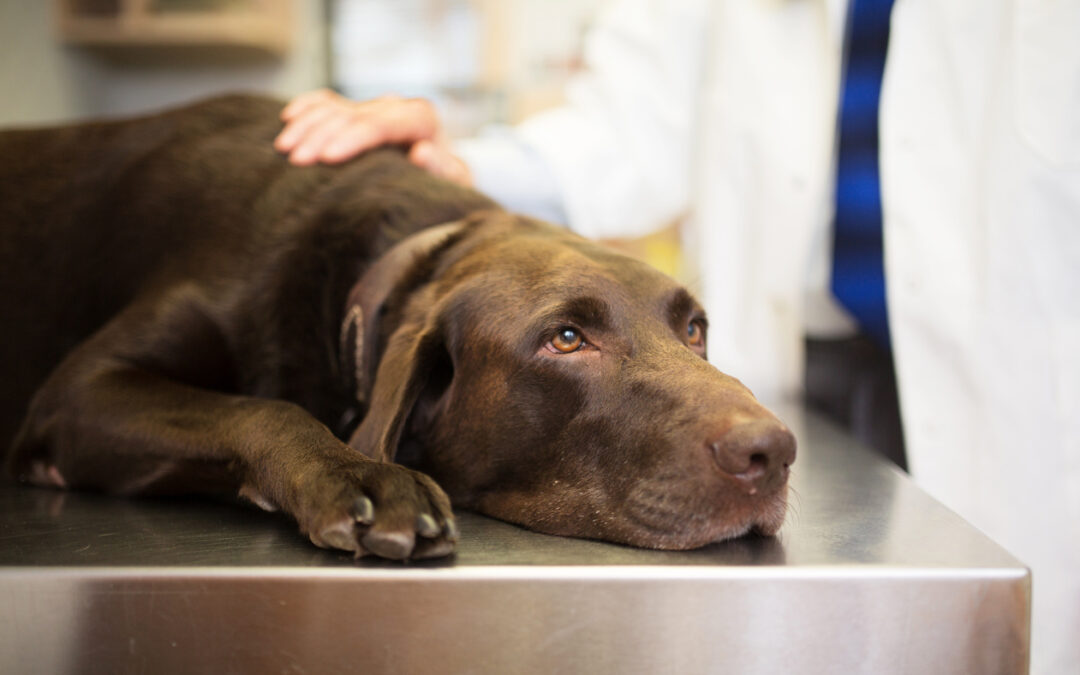Recently an acquaintance shared a story about his dog accidentally eating several packets of Splenda. His wife, who was at home with their newborn baby, phoned him at work in a panic after making this discovery. As is common practice these days, he consulted Dr. Google. The information he found on Google indicated Splenda was not toxic to dogs. Therefore, he assured his wife everything would be fine. What he did not tell his wife is he crossed his fingers hoping Google was right.

This is an all too familiar story. Many of us have been faced with the possibility our pet ate something potentially harmful. My own personal experience involved grapes. I was not aware grapes pose a danger and can cause kidney failure in dogs. Being ignorant of this fact, I shared a grape with our toy poodle, Rugby. He enjoyed it immensely. When my husband, a veterinarian, came home later that evening, I told him how much Rugby liked grapes. Looking quite concerned, he calmly explained grapes can be toxic to dogs. Since we were leaving town the following day with plans for Rugby to be boarded at our Alcoa hospital, Sam made the decision to take him to the hospital immediately to induce vomiting and treat him for potential poisoning. Ultimately, everyone was okay. However, it took some time for Rugby to forgive Sam and even longer for me to forgive myself for being so careless. I learned a valuable lesson. Always ensure any food or treats are entirely safe and appropriate before sharing with pets.
Another common source of poisoning in dogs involves Xylitol which is used as a sugar substitute. This substance is found in many products including sugar-free gum, candies, breath mints, baked goods, pudding snacks, cough syrup, children’s chewable or gummy vitamins and supplements, mouthwash and toothpaste. It is also used in nasal sprays, laxatives, digestive aids, allergy medicines, and human prescription medications. Though safe for human consumption, Xylitol is extremely toxic to dogs. Small amounts of this substance can cause hypoglycemia, which is low blood sugar. It also causes seizures, liver failure and death.
The most common source of Xylitol poisoning in dogs is sugar free gum. Dr. Sam Meisler says, “When a dog gets in to sugar free chewing gum, it’s a real heartbreaker because many of them die from liver failure.” If you have any product in your home which contains Xylitol, be certain the product is kept in a secure location out of reach of your pet.

If you suspect your pet may have ingested a harmful substance or food, call your veterinarian and the ASPCA Poison Control Hotline immediately. Both are the best source for the most up to date information and appropriate course of action. Do not induce vomiting in your pet unless directed to do so by your veterinarian. Although Google is full of interesting and entertaining information, it is not always factual. By consulting Google first, you risk valuable time in which your pet could be receiving important medical attention. It is important to get necessary treatment as quickly as possible if you suspect your pet has ingested something potentially harmful. Doing so ensures your pet receives the appropriate treatment, which is less dangerous for your pet, and less expensive to treat.

